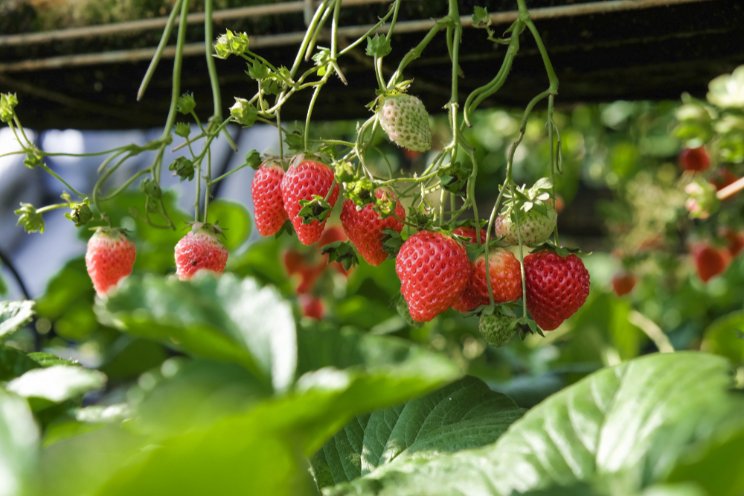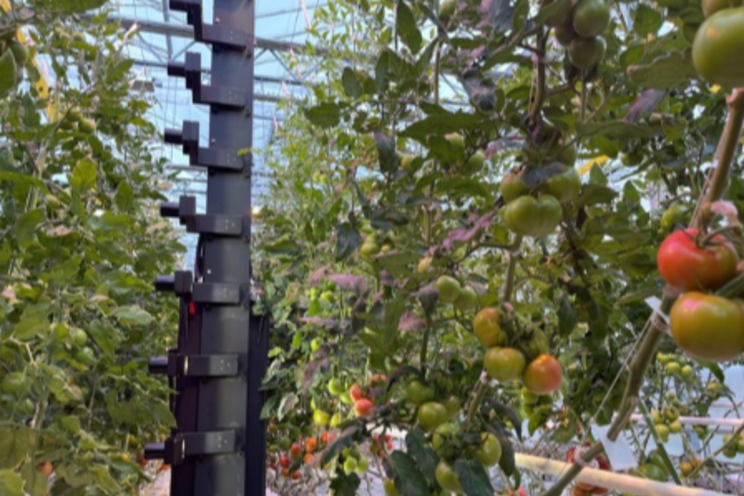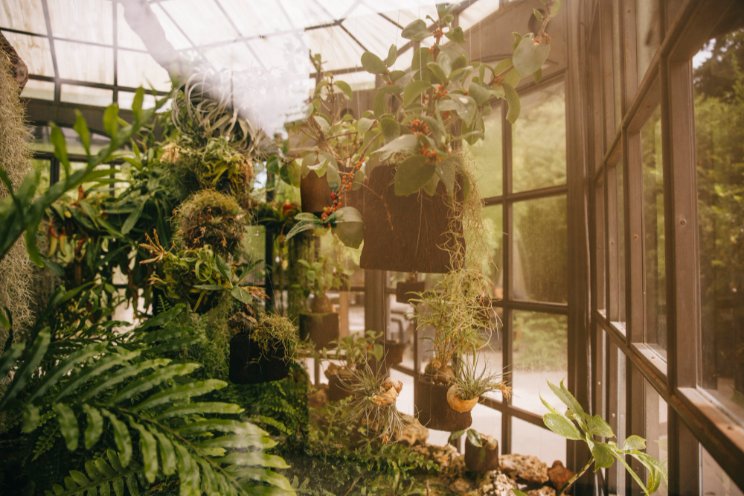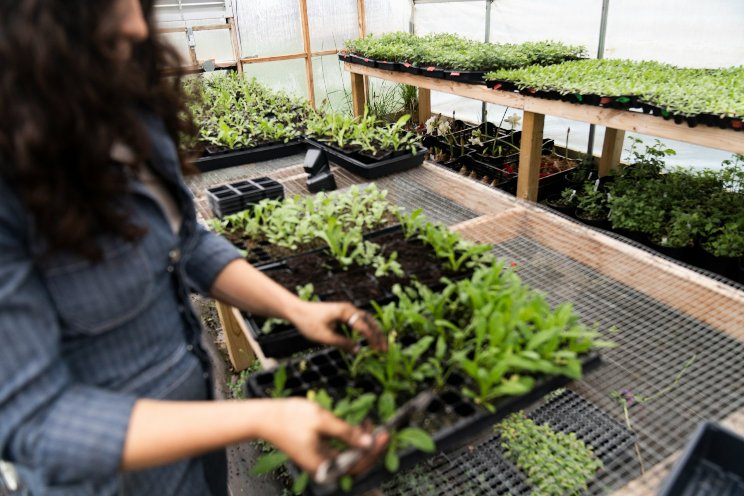Elicitors make plants more resilient to diseases and pests
Added on 11 December 2023

In various horticultural crops growers try to increase plant resilience. This does not yet happen in bulb cultivation. This is partly because problems in bulb cultivation are different. For example, there are two phases in which lilies and tulips can be attacked by diseases and pests, namely during cultivation and during storage. That is why WUR is investigating whether resilience can be increased in both phases.
This involves a number of different diseases and pests. With lilies this concerns 'fire' (Botrytis elliptica) and aphids during cultivation, and Penicillium during storage. In the case of tulips, this concerns aphids during cultivation and 'Zuur' (Fusarium oxysporum f. sp. tulipae) during storage. All these diseases and pests regularly cause problems for growers or traders. For example, an attack by Fusarium or 'fire' can cause a high loss of production and aphids can spread viruses.
WUR is investigating whether increasing plant resilience can indeed ensure that there is less damage to lilies and tulips, for example because the crop makes itself less attractive by changing the secondaire metabolites or creating a thicker wax layer. This could lead to fewer crop protection products being needed for the cultivation of lilies and tulips.
More news















